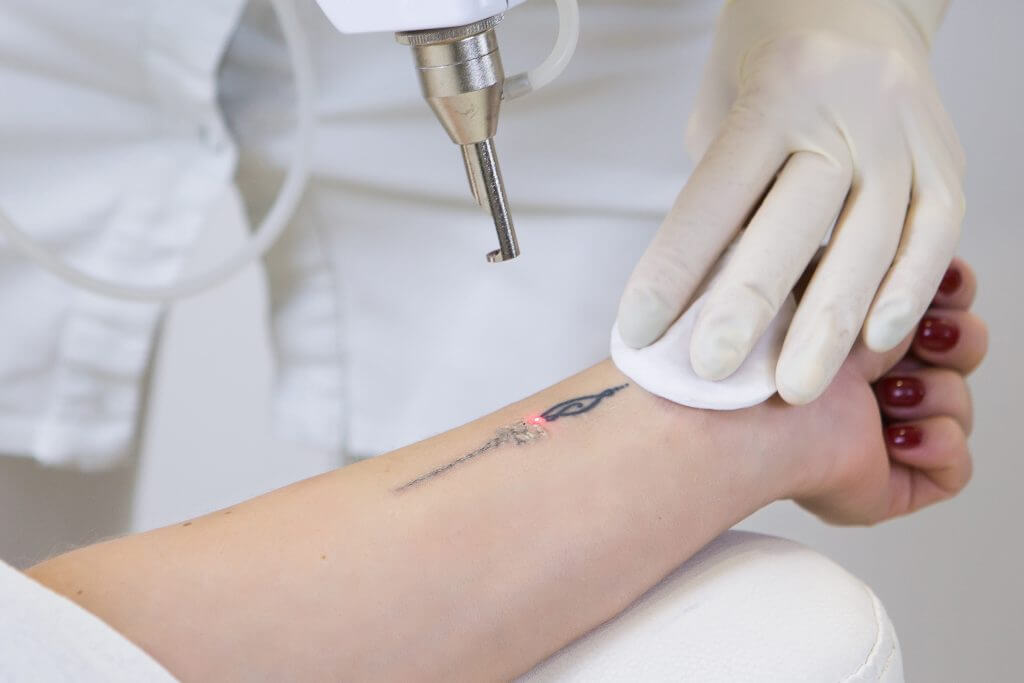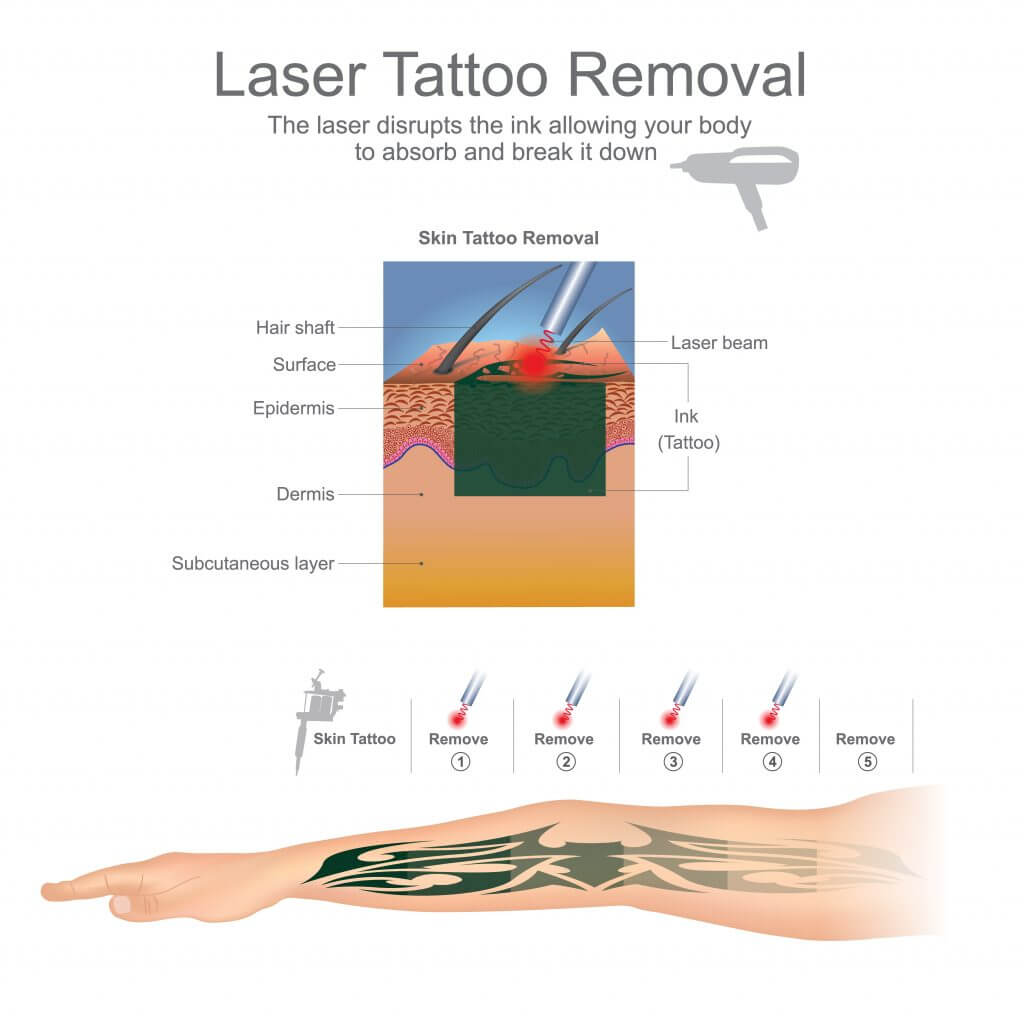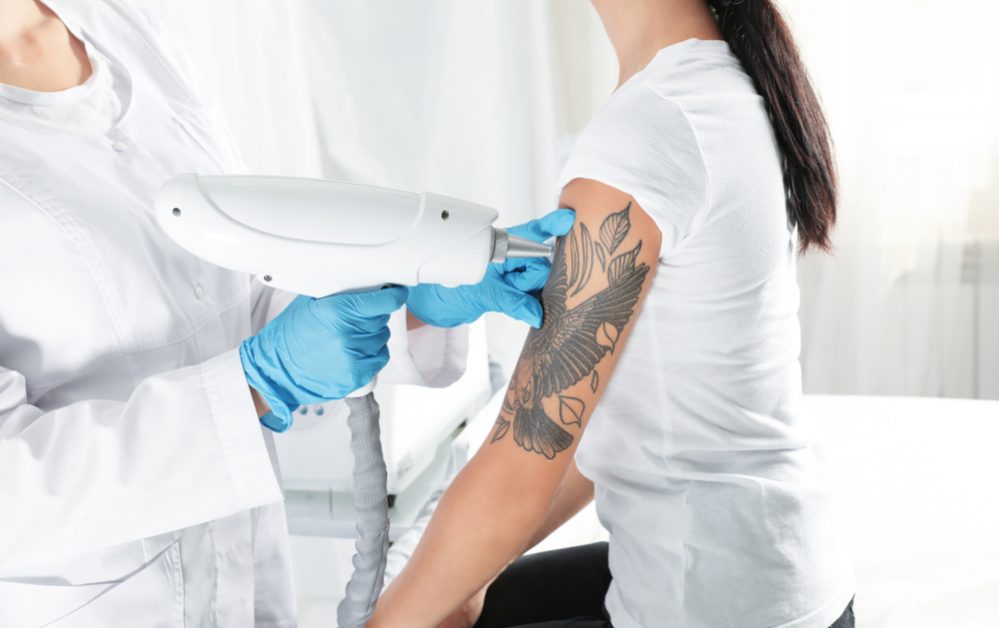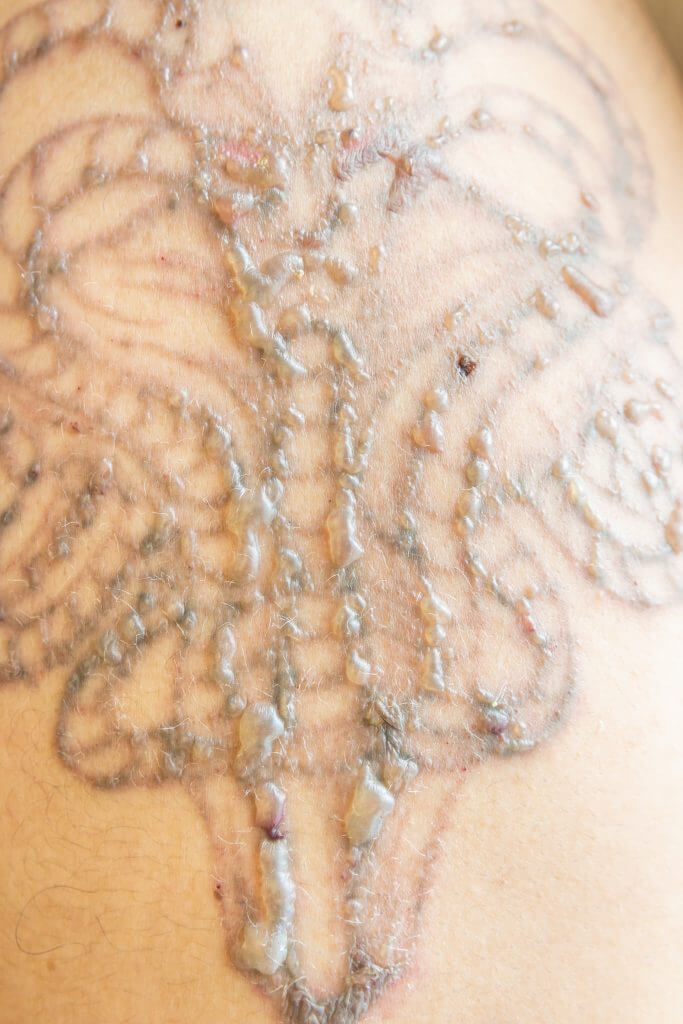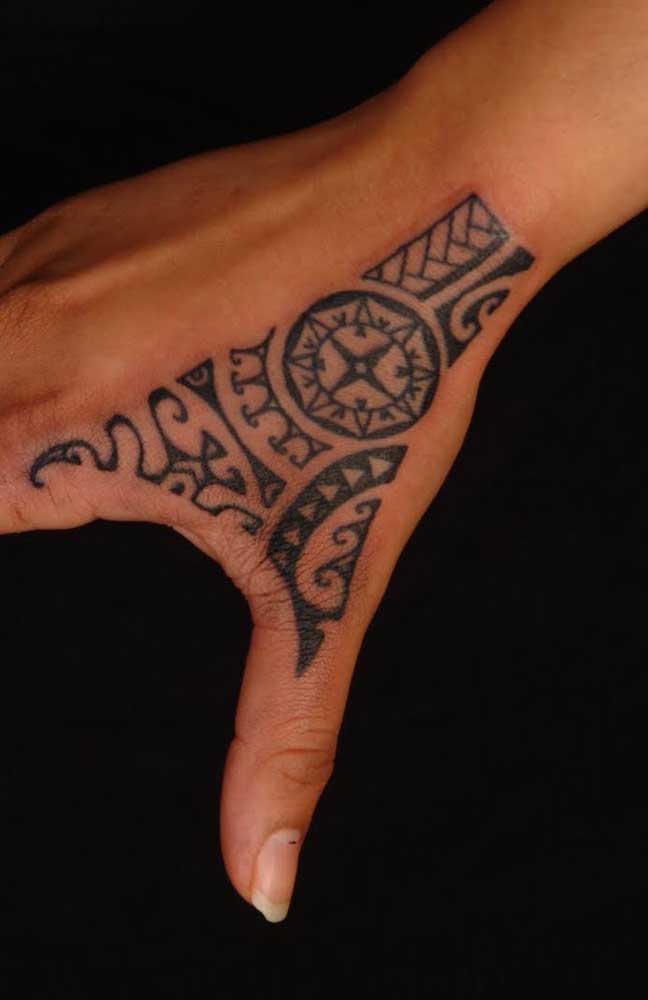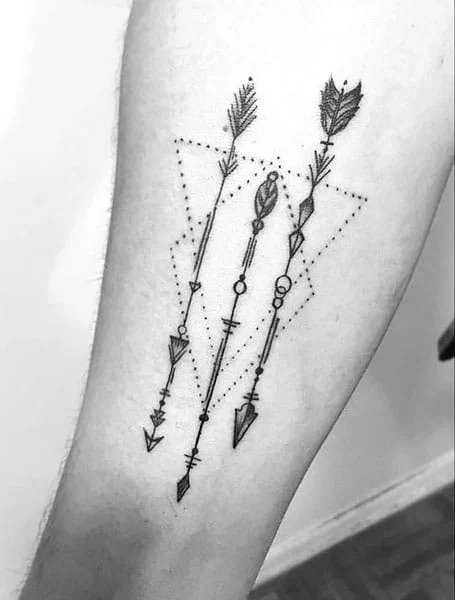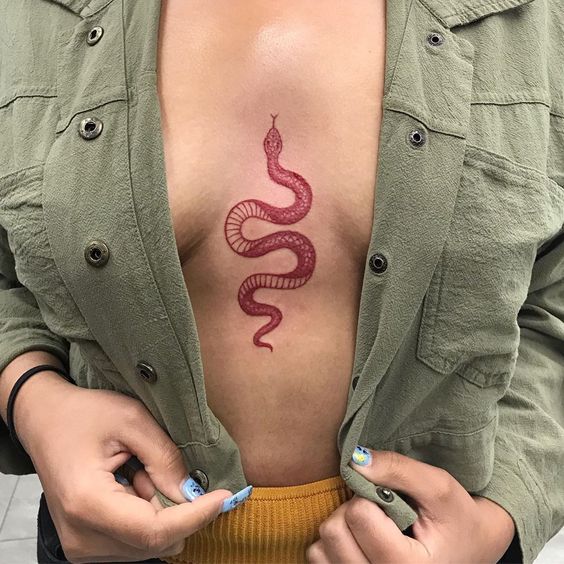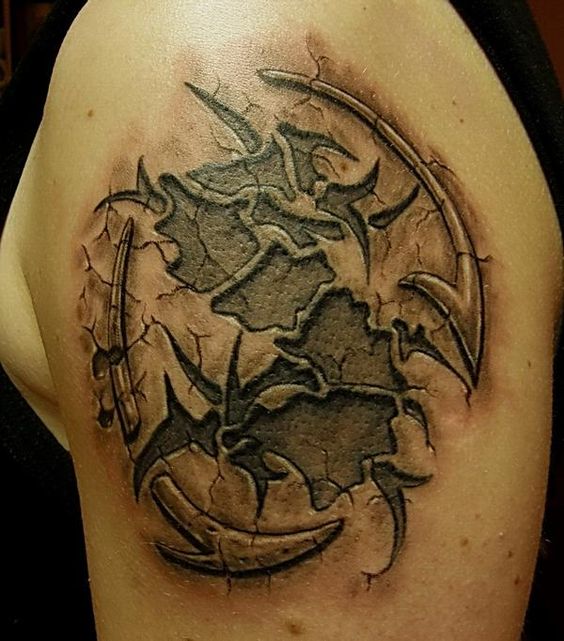Laser tattoo removal has gained popularity. Research shows nearly half of people aged 18 to 40 have at least one tattoo. Regrettably, many later decide to remove their tattoos. Often, they grow to dislike their ink, leading to a surge in tattoo removals. Interestingly, women explore tattoo removal options more than men do.
The Laser Method for Tattoo Erasure
Sometimes, the ink in tattoos can cause infections. This happens because tattoo parlors aren’t regulated for ink types. Disinfecting tattoo equipment is crucial. Failure to do so can result in hepatitis or other serious health issues.
Options for Tattoo Removal
Don’t worry if you have an infection or simply regret your tattoo. There are removal methods like skin grafting and dermabrasion. However, laser removal remains the most popular. It’s the quickest and most preferred method. The laser targets metal ions in the tattoo ink, breaking it into tiny pieces for easy elimination by the body.
What to Know About Laser Tattoo Removal
This tattoo removal has pros and cons. If an infection is present, the procedure changes. The infection must be treated first. Severe infections might require hospitalization. So, ensure tattooing tools are clean before getting inked.
Pain Management
Laser removal can be painful on certain body parts. That’s why surgeons apply ointments or anesthetics beforehand. This minimizes pain during the procedure. Even if you tolerate pain well, it’s advisable to accept any numbing agents offered.
Precautions and Aftercare
Just like you’d research a tattoo artist, you should find a trustworthy surgeon for tattoo removal. Side effects are possible, and laser tattoo removal carries risks. The best advice is to think carefully before getting a tattoo in the first place.
Conclusion
In conclusion, this tattoo removal offers a viable solution for those grappling with tattoo regret. With proper research and medical consultation, you can navigate the process safely and effectively. Therefore, it’s crucial to weigh all options and risks before taking the plunge. Ultimately, the key to a successful tattoo removal lies in informed decisions and expert medical care.
